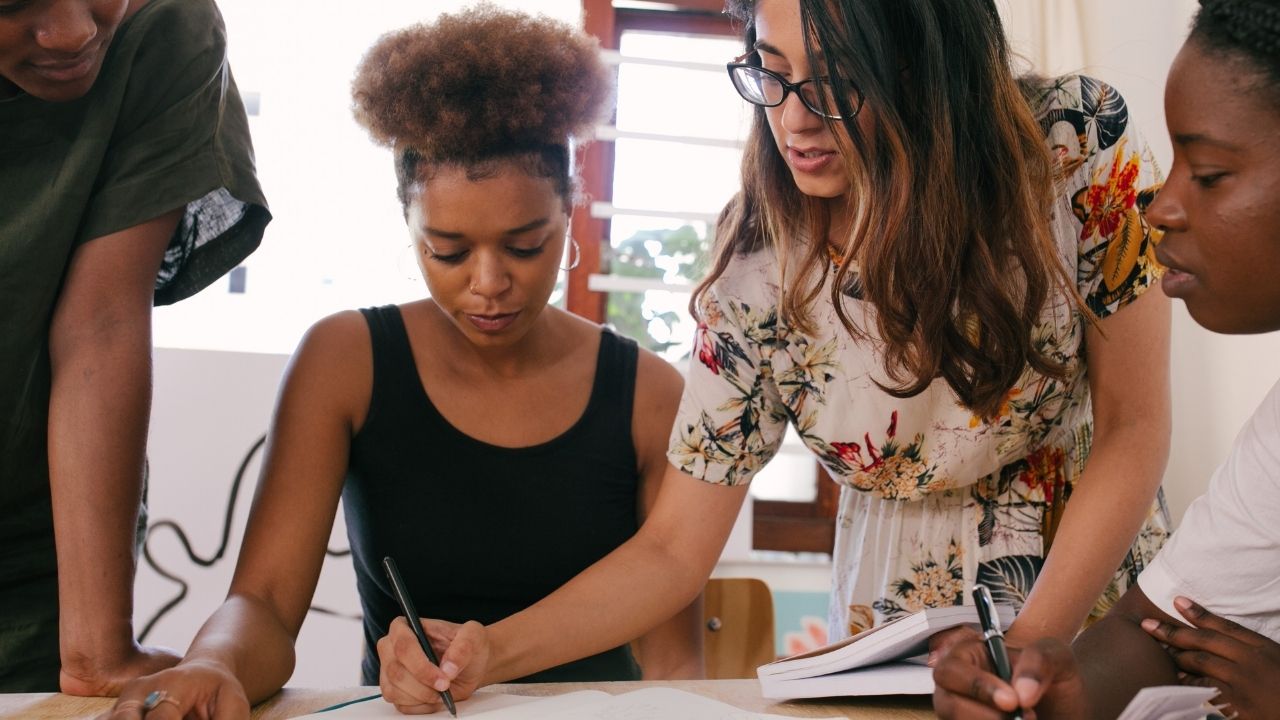
Navigating Constructive Criticism in Narrative Crafting
As a proficient SEO and highly paid copywriter with a strong command of the English language, we understand the importance of handling feedback and critique in the realm of creative writing. The process of crafting compelling narratives, whether it be for fiction, poetry, or any other form of imaginative storytelling, often involves a delicate balance between our own artistic expression and the valuable insights provided by others.
Embracing Constructive Criticism
Receiving feedback and critique from others can be a daunting experience, but it is an essential part of the creative writing process. When approached with an open mind and a willingness to learn, constructive criticism can be an invaluable tool for improving our writing and enhancing the overall quality of our work. It allows us to identify areas for growth, refine our stylistic choices, and deepen our understanding of the craft.
Maintaining Artistic Integrity
While it is important to consider the perspectives of others, it is equally crucial to maintain our artistic integrity. Our writing is a reflection of our unique voice, experiences, and creative vision. When faced with feedback, we must carefully discern which suggestions align with our artistic goals and which may compromise the authenticity of our work. By striking a balance between incorporating constructive input and staying true to our own poetic reflection and imaginative storytelling, we can elevate our writing to new heights.
Developing a Thick Skin
One of the key challenges in handling feedback and critique is developing a thick skin. As creative writers, we pour our hearts and souls into our work, and it can be easy to take criticism personally. However, it is essential to remember that critique is not a personal attack, but rather a valuable opportunity for growth and improvement. By separating our ego from the feedback we receive, we can approach it with a more objective and constructive mindset, ultimately leading to the refinement of our stylistic development.
Seeking Diverse Perspectives
The creative writing community is a rich tapestry of diverse voices and experiences. By actively seeking out feedback from a range of sources, including fellow writers, editors, and readers, we can gain a more well-rounded understanding of how our work is perceived and received. This multifaceted approach to critique can help us identify patterns, uncover blind spots, and refine our narrative crafting in ways that resonate with a broader audience.
Cultivating a Supportive Network
Building a supportive network of fellow writers, mentors, and allies is crucial in navigating the challenges of feedback and critique. These individuals can provide a safe space for us to share our work, openly discuss our creative process, and receive honest, constructive feedback. By fostering these collaborative relationships, we can create an environment that nurtures our growth, celebrates our successes, and helps us overcome the inevitable setbacks that come with the creative writing journey.
Embracing the Iterative Process
Effective creative writing is often an iterative process, where we continuously refine and revise our work based on the feedback and insights we receive. By embracing this cyclical approach, we can view critique as an opportunity for refinement, rather than a threat to our creative vision. Each round of feedback and revision allows us to deepen our understanding of our craft, sharpen our skills, and ultimately produce work that is more polished, engaging, and impactful.
Conclusion
In the realm of creative writing, the ability to effectively handle feedback and critique from others is a crucial skill. By embracing constructive criticism, maintaining our artistic integrity, developing a thick skin, seeking diverse perspectives, cultivating a supportive network, and embracing the iterative process, we can navigate the complexities of the creative writing journey and produce work that truly stands out in the digital landscape. Remember, the journey of mastering our craft is an ongoing one, and the feedback and critique we receive along the way are invaluable tools for unlocking our full potential as writers.
 Writing TipsCreative WritingJournalingSketching TechniquesBuying GuidesPrivacy PolicyTerms And Conditions
Writing TipsCreative WritingJournalingSketching TechniquesBuying GuidesPrivacy PolicyTerms And Conditions
